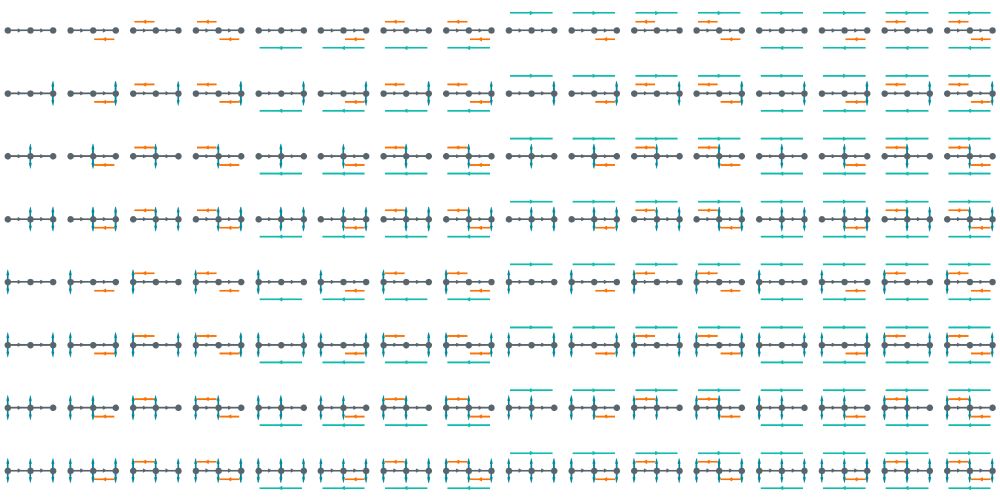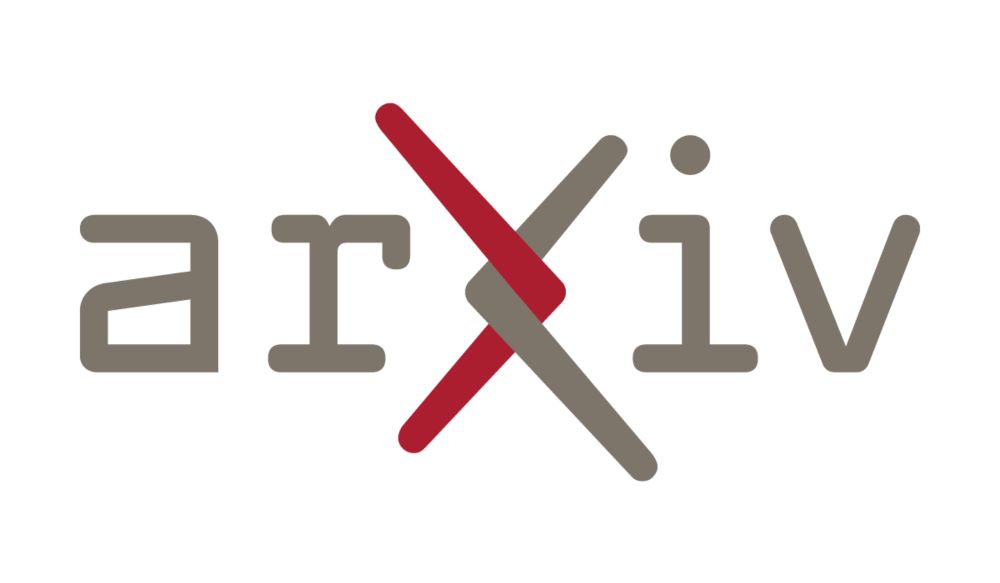
Research Fellow @imperialcollegeldn.bsky.social and @imperial-ix.bsky.social
Funded by @schmidtsciences.bsky.social

@neuralreckoning.bsky.social & I explore this in our new preprint:
doi.org/10.1101/2025...
🤖🧠🧪
🧵1/9
With fellows from @schmidtsciences.bsky.social


With fellows from @schmidtsciences.bsky.social
Note there's a very short window for applying (deadline Feb 27).
🤖🧠🧪
www.imperial.ac.uk/school-of-co...

Note there's a very short window for applying (deadline Feb 27).
🤖🧠🧪
www.imperial.ac.uk/school-of-co...
I really enjoyed it.
I’m definitely pro toy mathematical models, I believe they can be informative and push research forward.
Excited to share my first article for @thetransmitter.bsky.social
#neuroskyence
#neuroskyence
www.thetransmitter.org/theoretical-...
I really enjoyed it.
I’m definitely pro toy mathematical models, I believe they can be informative and push research forward.
We’ve been working on a neuron position learning algorithm by coupling space and time! See manuscript below 👇

We’ve been working on a neuron position learning algorithm by coupling space and time! See manuscript below 👇
Join @seanfw.bsky.social and myself at @tcddublin.bsky.social for a PhD at the intersection of cutting-edge cognitive neuroscience (OPM-MEG) and neuro-AI.
🗓 Deadline: 5 Feb 2026
#neurojobs #neuroscience #compneuro
@neuralreckoning.bsky.social & I explore this in our new preprint:
doi.org/10.1101/2025...
🤖🧠🧪
🧵1/9

The 10th of these, would you believe?
This year we have foundation models, breakthroughs in using light to understand the brain, a gene therapy, and more
Enjoy!
medium.com/the-spike/20...

The 10th of these, would you believe?
This year we have foundation models, breakthroughs in using light to understand the brain, a gene therapy, and more
Enjoy!
medium.com/the-spike/20...
By Lauren Schneider
www.thetransmitter.org/systems-neur...

By Lauren Schneider
www.thetransmitter.org/systems-neur...
Excited to share my first article for @thetransmitter.bsky.social
#neuroskyence
#neuroskyence
www.thetransmitter.org/theoretical-...

Excited to share my first article for @thetransmitter.bsky.social
#neuroskyence
#TReNDCaMinA Summer School 2026 | 29 Jun–15 Jul Dedan Kimathi University of Technology, Kenya
For applicants in African countries with backgrounds in neuroscience, medicine, Computer Science, engineering, & related fields.
Apply 👉 trendinafrica.org/trend-camina/

We use game theory and show the brain is not optimally wired for communication and there’s more to its story:
www.biorxiv.org/content/10.6...

We use game theory and show the brain is not optimally wired for communication and there’s more to its story:
www.biorxiv.org/content/10.6...
He made neuroscience fun and exciting, and made everything seem possible.
The Behaviour and Neural Systems course was formative for many of us.
The photo below is from my time @champalimaudr.bsky.social in 2016.

He made neuroscience fun and exciting, and made everything seem possible.
The Behaviour and Neural Systems course was formative for many of us.
The photo below is from my time @champalimaudr.bsky.social in 2016.
www.gao-unit.com/join-us/
If comp neuro, ML, and AI4Neuro is your thing, or you just nerd out over brain recordings, apply!
I'm at neurips. DM me here / on the conference app or email if you want to meet 🏖️🌮

www.gao-unit.com/join-us/
If comp neuro, ML, and AI4Neuro is your thing, or you just nerd out over brain recordings, apply!
I'm at neurips. DM me here / on the conference app or email if you want to meet 🏖️🌮
arxiv.org/pdf/2410.03972
It started from a question I kept running into:
When do RNNs trained on the same task converge/diverge in their solutions?
🧵⬇️

arxiv.org/pdf/2410.03972
It started from a question I kept running into:
When do RNNs trained on the same task converge/diverge in their solutions?
🧵⬇️
Heading to the cool highlands of Nyeri at @DeKUTkenya
🗓️ Appl open: 15 Dec 2025 – 26 Jan 2026
💻 Learn #compneuro & ML in a refreshing environment.
🔗 Details & application in the link
📣 Share & tag friends!
trendinafrica.org/trend-camina/
Heading to the cool highlands of Nyeri at @DeKUTkenya
🗓️ Appl open: 15 Dec 2025 – 26 Jan 2026
💻 Learn #compneuro & ML in a refreshing environment.
🔗 Details & application in the link
📣 Share & tag friends!
trendinafrica.org/trend-camina/

I can support your application @imperialcollegeldn.bsky.social
✅ Check your eligibility (below)
✅ Contact me (DM or email)
UK nationals: www.imperial.ac.uk/life-science...
Otherwise: www.imperial.ac.uk/study/fees-a...

I can support your application @imperialcollegeldn.bsky.social
✅ Check your eligibility (below)
✅ Contact me (DM or email)
UK nationals: www.imperial.ac.uk/life-science...
Otherwise: www.imperial.ac.uk/study/fees-a...
@rdgao.bsky.social draws a nice distinction between the two.
And introduces Gao's second law:
“Any state-of-the-art algorithm for analyzing brain signals is, for some time, how the brain works.”
Part 1: www.rdgao.com/blog/2024/01...

@rdgao.bsky.social draws a nice distinction between the two.
And introduces Gao's second law:
“Any state-of-the-art algorithm for analyzing brain signals is, for some time, how the brain works.”
Part 1: www.rdgao.com/blog/2024/01...

#neuroskyence
www.thetransmitter.org/this-paper-c...

The current debate (decoding vs causal relevance)
and a toy example I gave in the thread below
got me thinking about a related issue: how decoding may reflect structure more than function.
🧵 1/5
But wouldn't we need causal manipulations to conclude that the brain "uses" them?
For example, maybe we can decode equally well from two areas. But, only one impacts behaviour when inactivated.
The current debate (decoding vs causal relevance)
and a toy example I gave in the thread below
got me thinking about a related issue: how decoding may reflect structure more than function.
🧵 1/5
Huge thanks to @marcusghosh.bsky.social, @neuralreckoning.bsky.social, @tfiers.bsky.social, @krhab.bsky.social and others for putting in the bulk effort 🙌

Huge thanks to @marcusghosh.bsky.social, @neuralreckoning.bsky.social, @tfiers.bsky.social, @krhab.bsky.social and others for putting in the bulk effort 🙌
Keep an eye out for our next collaborative effort

Keep an eye out for our next collaborative effort
Come and say hi or message me if you'd like to meet up!
@neuralreckoning.bsky.social & I explore this in our new preprint:
doi.org/10.1101/2025...
🤖🧠🧪
🧵1/9

Come and say hi or message me if you'd like to meet up!

